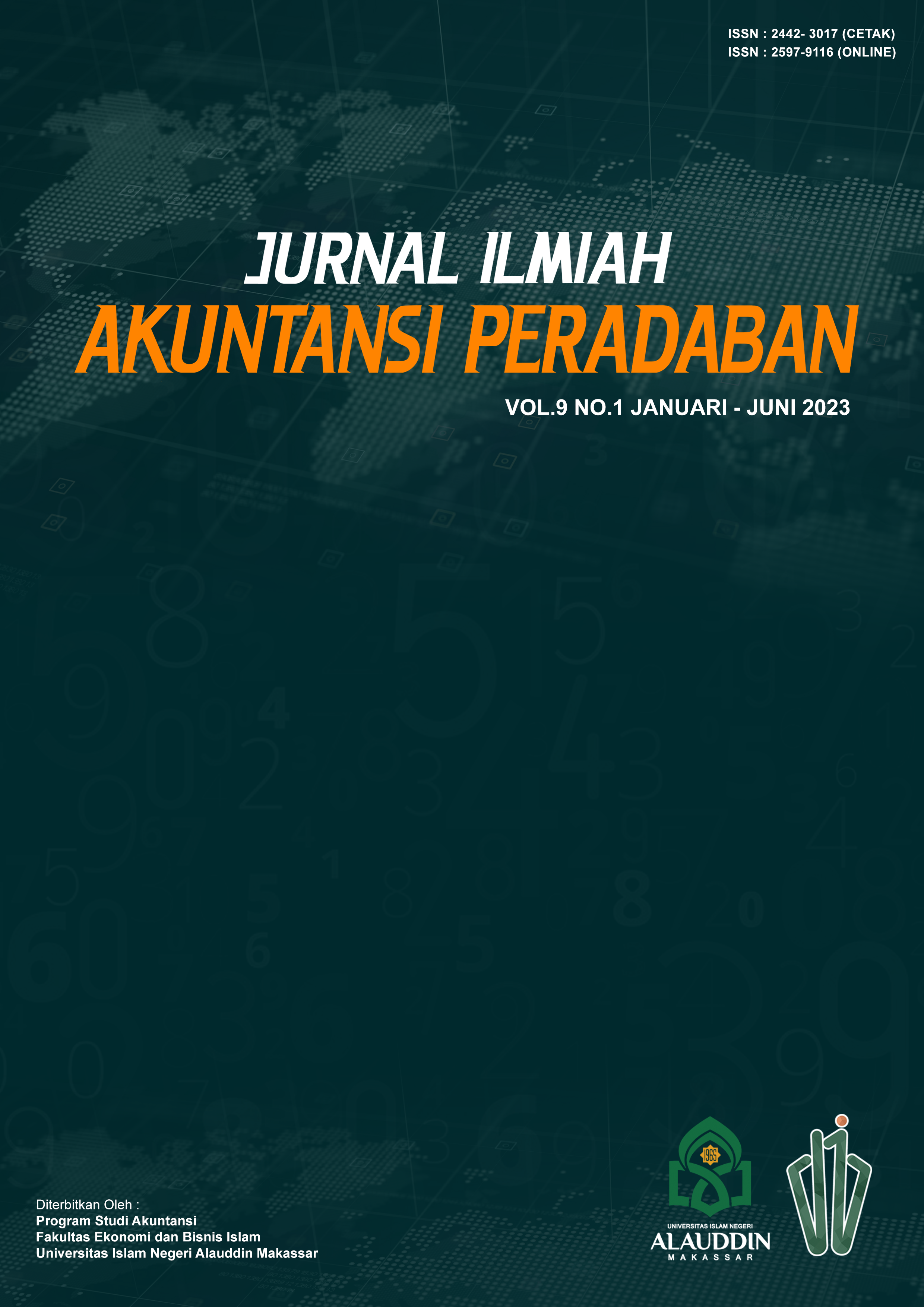TANTANGAN IMPLEMENTASI SUSTAINABLE DEVELOPMENT GOALS (SGDs) DI INDONESIA
Abstrak
Tujuan Pembangunan Berkelanjutan (SDGs) mencerminkan tujuan pembangunan yang ambisius dengan visi transformatif. Agenda pembangunan baru menciptakan kerangka pembangunan holistik. Para ahli memperkirakan agenda baru itu bisa berhasil. SDGs membawa peluang besar bagi negara berkembang, termasuk Indonesia, tetapi juga tantangan besar. Studi ini mengeksplorasi tantangan utama implementasi SDGs di Indonesia. Teknik pengumpulan data menggunakan kajian literatur. Data sekunder yang digunakan berupa jurnal-jurnal penelitian yang relevan. Analisis dilakukan dengan mengidentifikasi tantangan dalam implementasi SDGs. Hasilnya menyajikan beberapa tantangan yaitu Pertama, Penyelarasan SDGs dengan perencanaan pembangunan nasional dan daerah, Kedua, Peningkatan koordinasi vertikal dan horisontal; dan Ketiga, Peningkatan partisipasi pemangku kepentingan. Implikasi penelitian ini membantu untuk meningkatkan kesadaran dan pemahaman berbagai pihak yang berkepentingan terkait implementasi SDGs dan tantangannya di Indonesia serta memitigasi tantangan-tantangan tersebut.
Kata Kunci : Rencana pembangunan, Tantangan implementasi, Pemerintah Indonesia, SDGs
##submission.copyrightStatement##
##submission.license.cc.by4.footer##Authors who publish with this journal agree to the following terms:
- Authors retain copyright and grant the journal right of first publication with the work simultaneously licensed under a Creative Commons Attribution License that allows others to share the work with an acknowledgement of the work's authorship and initial publication in this journal.
- Authors are able to enter into separate, additional contractual arrangements for the non-exclusive distribution of the journal's published version of the work (e.g., post it to an institutional repository or publish it in a book), with an acknowledgement of its initial publication in this journal.
- Authors are permitted and encouraged to post their work online (e.g., in institutional repositories or on their website) prior to and during the submission process, as it can lead to productive exchanges, as well as earlier and greater citation of published work (See The Effect of Open Access).
Under the following terms of Creative Commons:
-
Attribution — You must give appropriate credit, provide a link to the license, and indicate if changes were made. You may do so in any reasonable manner, but not in any way that suggests the licensor endorses you or your use.
-
NonCommercial — You may not use the material for commercial purposes.
- No additional restrictions — You may not apply legal terms or technological measures that legally restrict others from doing anything the license permits.


